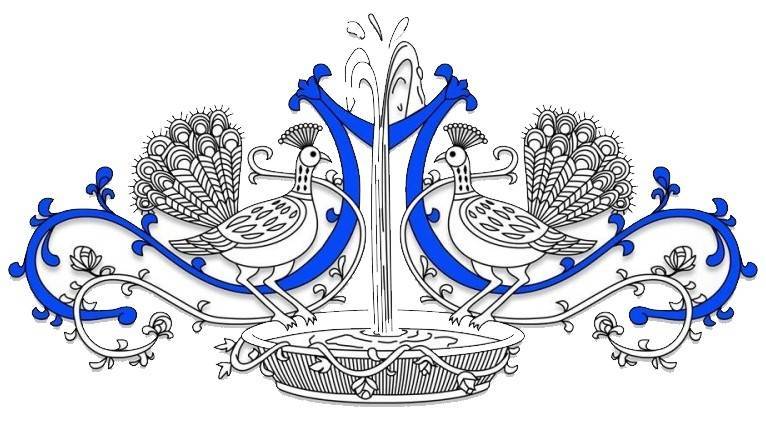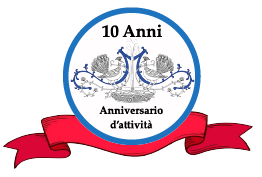The doctors knelt before the lifelesss body of the child. An image that has shaken the consciences throughout the world; doctors lay prostrate in an act of respect so deep, to honor the choice of the young boy to donate his organs. This is the story of Liang Yaoyi, a pupil, barely aged eleven of Shenzhen, China. The moment he was diagnosed with a brain tumour which was to rid him of his life within a short time, he decided to move towards a gesture of great generosity: to donate his organs. He knew that the road he was expected to follow was a road of no return, and once having reached the crossroads, he chose to make this “unusual” choice for a child. Donating his kidneys and his liver, he has contributed in improving the life of someone else: “I wanted to live in another manner,” said the little one with disarming simplicity to the doctors. Through the illness he had gained an unselflessness difficult to find in the world of adults, even under circumstances definitely less dramatic: a slap to prevailing selfishness often the protagonist in our lives.
His great merit was one of generosity; that of the doctors, was their skill in seizing the moment and putting at the centre of the global agenda, a sensitive topical subject as that of donations. In Italy, for example, the latest figures account for donors in 2014 at 1151 and 2276 deaths. Patients who have undergone transplants have been 2944 against 2841 in 2013; organs that have been transplanted currently count over 3160. Detailed account of organ transplants performed in 2014 have been as followed: kidney transplants 1571; liver transplants 1033; heart transplants 228; lung transplants 126 . Patients on the wainting-list total 9,111, and most of these are waiting to receive a kidney transplant (6,798).
The donation of organs is a tough choice to make as it always comes at a critical time, post-accident or terminal phase of an illness. It is not easy, especially for relatives, to imagine being able to give someone else a future life while the life of their belve gradually wanes. Yet love is the fundamental motor of all things; whoever has made the choice of donating organs, lives his mourning in consolation, which is difficult even for those to imagine, who, on the contrary, while legitimately, have made an assessment in the opposite direction.
Although the donation of organs is extremely rare and precious, on the other, it has triggered in the minds of unscrupulous people the crazy idea of starting an illegal market trading of kidneys, liver, pancreas and all that maay be on demand. It is occurring all over, but international data has proven that it is particularly widespread in countries such as Nepal, Pakistan, India, Bangladesh, Cambodia and Africa. And the cause of which stems from –once again –poverty.
Many cases are testimonials of this illegal organ-trafficking, but that of Nepal is pretty emblematic. In an environmaent void of any laws, in addition to problems brought with the civil war, in fact, the smuggling of organs has taken ground; in the center of the capital city Kathmandu several “middle man” -better known as “kidney” brokers- operate trading them off for some thousand Euros each, convincing youn men in the Valley to become ‘priced’ living donors. The deplorable work of these people, exploits the ignorance and the urgent needs of the people who often live in “favelas” in a total state of despair. The illegal trafficking of organs produces murderers on the street and improvised operations on wooden tables.
In most industrialized countries, the problem exists but is less evident and isolated cases, people have succumbed to the illegal trading of organs in an effort to settle their debts. One of the factors contributing to boost the demand for organs on the illegal market, is to be traced back to the endless waiting lists for transplants, which in turn is an offspring of a poor cultural knowledge in matters of donation. Donating organs is an act of love, the removal of an organ from a person and its transplantation into another to restore its correct functioning again, is an extraordinary journey to undertake, which cannot and should not be reduced to a simple commodity.
Translation provided by Marina Stronati










